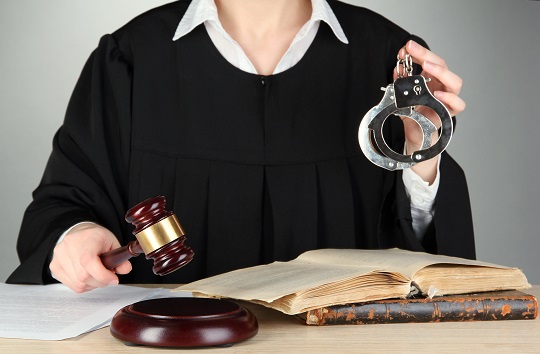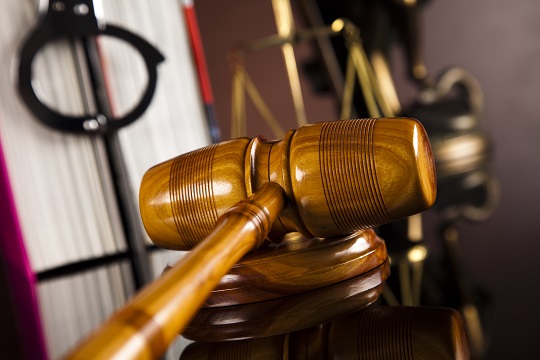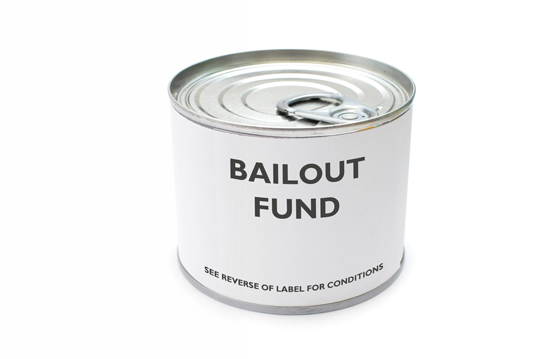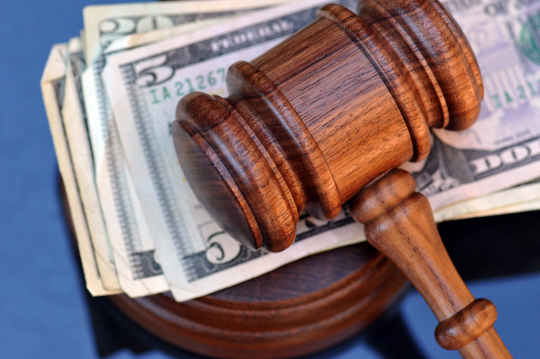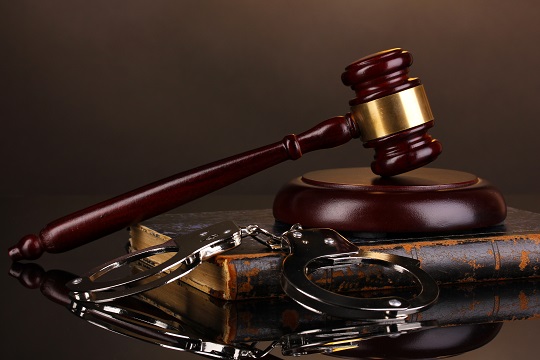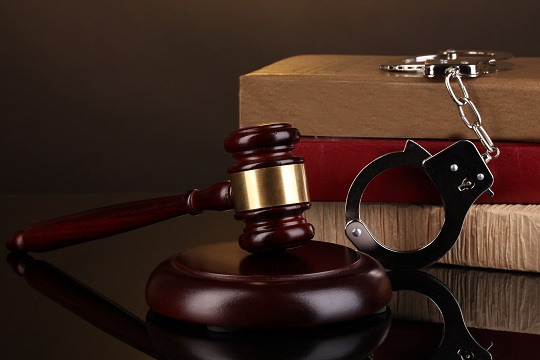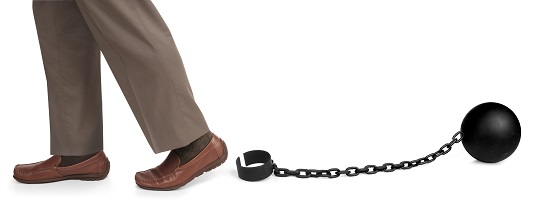Most people who have been charged with an offence know exactly how important it is to be able to rely on a trustworthy bail bond agent who can guarantee their freedom when they’re facing some jail time. So what do bail bondsmen do, and how could one identify the best agent operating in this line of work?
Basically, all bail bondsmen will ask you to pay them a fraction of the total value of your bail (approximately 10-15%, in most cases). Instead of taking the entire amount out of your own pockets, you give this small percentage to your bail bondsman, who will vouch for you, guaranteeing that you will be present in court each and every single time the judge solicits your presence.
Assuming that the total value of your bail is $10,000, normally you would only have to offer $1,500 to your bondsman. Defendants who show up in court when they are summoned by their judge end up paying only $1,500, an amount that is non-refundable.
How can bail bondsmen vouch for criminal defendants?
One might be wondering: What do bail bondsmen do, and how do they manage to count on significant amounts of money in the blink of an eye? Bail bondsmen have an agreement with the local court representatives, and they put a so-called “blanket” bond on the table that they are forced to pay in case the defendant fails to appear in front of the judge, for one reason or another. Bail bond agents can come up with the bond blanket at any given point in time, because most of them have arrangements with financial institutions and insurance companies.
The co-signer (which could be a friend or a family member) or the defendant him/herself should offer a guarantee (also known as collateral), proving that he/she would be able to pay the whole bail if the accused were to skip court at some point. In case the bail agent has a hard time trying to locate the defendant, the co-signers are immediately forced to pay the entire bail out of their own pockets, plus expenses recorded by bondsmen while trying to contact the accused.
Need a bail bond agent?
So what do bail bondsmen do? They basically vouch for the defendants, based on a contractual arrangement and on a fee representing up to 15% of the total value of the bail, guaranteeing their presence in court. If you want to collaborate with one of the most reliable bail bond agents in your area, use TalkLocal to be connected with up to three professionals in your area in just minutes.

